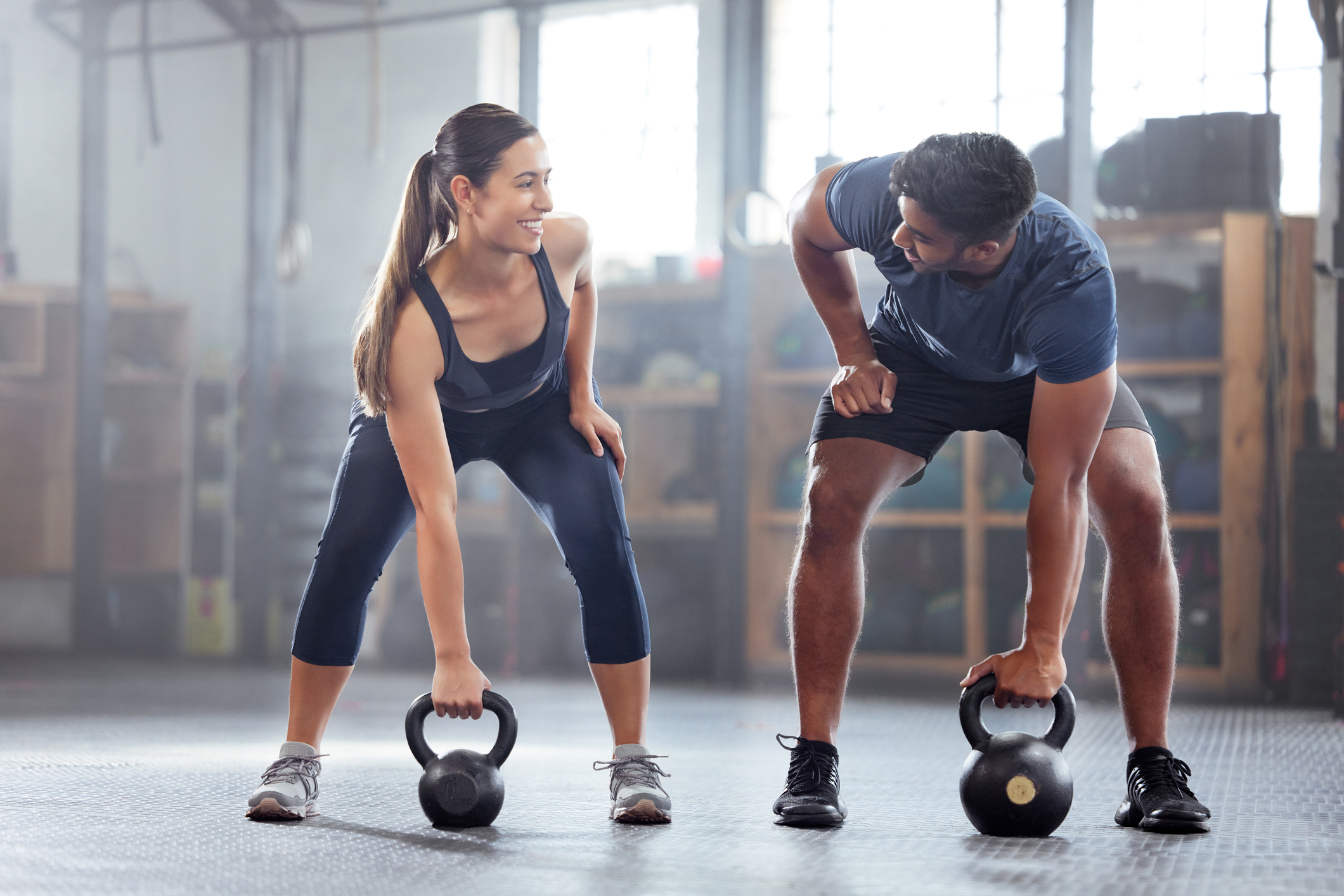With the days getting longer and the temperature warmer, this time of year simply invites you to get out and about.
For many people sunnier days can trigger a feeling of wanting to be more healthy – to eat better, to get more active and make some positive lifestyle changes.
Sound like you?
Hooray! It’s never too late to get started.
When it comes to getting ready for (or back into) an exercise program, the very best advice I can give is to go easy on yourself.
The most common issue I see in people starting up a new exercise routine is that they go too hard too soon and end up with an injury that sets them back weeks or more.
Plan and prepare
Be aware of your fitness level before you get started.
You could book a consultation with a physio to help you, or at very least:
- Set goals and be clear about what you are working towards – if you know what you want the process will be easy and you can track and measure how you are going. It could be to lose 3kg, or build muscle, or drop a dress size. Be specific because just having a goal to “get fit” is hard to measure and impossible to achieve.
- Choose the right activity for you – you should be aware of what you enjoy and find motivating, start there and if you aren’t an exercise person, group sessions might be the way to go.
- Set up a routine you can stick to – figure out which days you have time to slot in exercise and book it into your diary. It’s best if you can streamline the exercise with your daily routine, so doing something on the way to or from work is ideal.
Gradually build up
If you haven’t done much exercise for a while, no matter how prepared you are, you are probably going to be a bit sore over the first few weeks while your body gets used to what you are now doing with it!
In the first few weeks don’t run too hard or too far, don’t lift super heavy weights or push beyond your limits, a planned progressive workload is the best approach where you increase your workload as things start to feel easier.
An increase around +10% a week is about right for most people.
Even professional athletes take this approach.
It’s the reason why sporting teams have an off season, as it allows them to gradually prepare for match fitness and set up a strong base for the season ahead.
Support and maintenance
Key to a good exercise program is your ability to stick with it over the long term.
Here are a few things that will help support your goals:
- Keep things interesting and fun – there is no point doing exercise if you don’t enjoy it. Play around with how and where you exercise, e.g. if you run, you could drive to the beach or a try different running track once a week to keep things interesting.
- Sleep and diet – both are important to ensure you achieve your goals. Studies have shown that fatigued athletes sustain more injuries, recover slower and perform worse than those who get their 8+ hours. And the right food provides the fuel your body needs to exercise and the nutrients required to build stronger muscles in the recovery stage.
- Keep moving throughout the day – look for opportunities to add incidental exercise into your day- take the stairs rather than the lift, park the car at the end of the car park when you go shopping. Stand up at work to do reading and set a reminder to do a little stretch every 30 mins or so.
Ask a physio
Seeing a physio can be hugely beneficial throughout your exercise journey especially in the early stages.
We can address any little niggles you may be feeling and provide specific treatment and exercises to ensure they don’t hinder your ability to get fit and rear their ugly head just as you get into the swing of things
If you’re unsure about what activity or exercise will work best for you or have trouble thinking of some specific goals we can help with that too.
We’ll work with you to set up an exercise program tailored to your overall target and guide you through what to do, how often to do it and realistic and personalised goals to aim towards.
Hopefully these simple tips will encourage you to get back to regular exercise – it’s never too late to get started.

